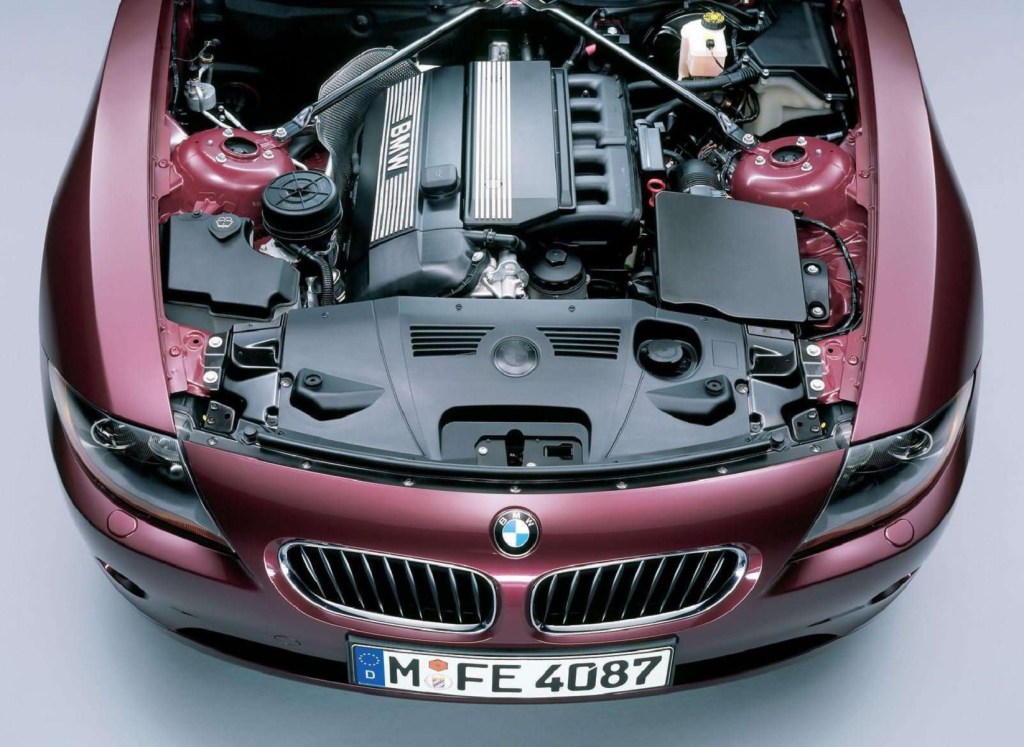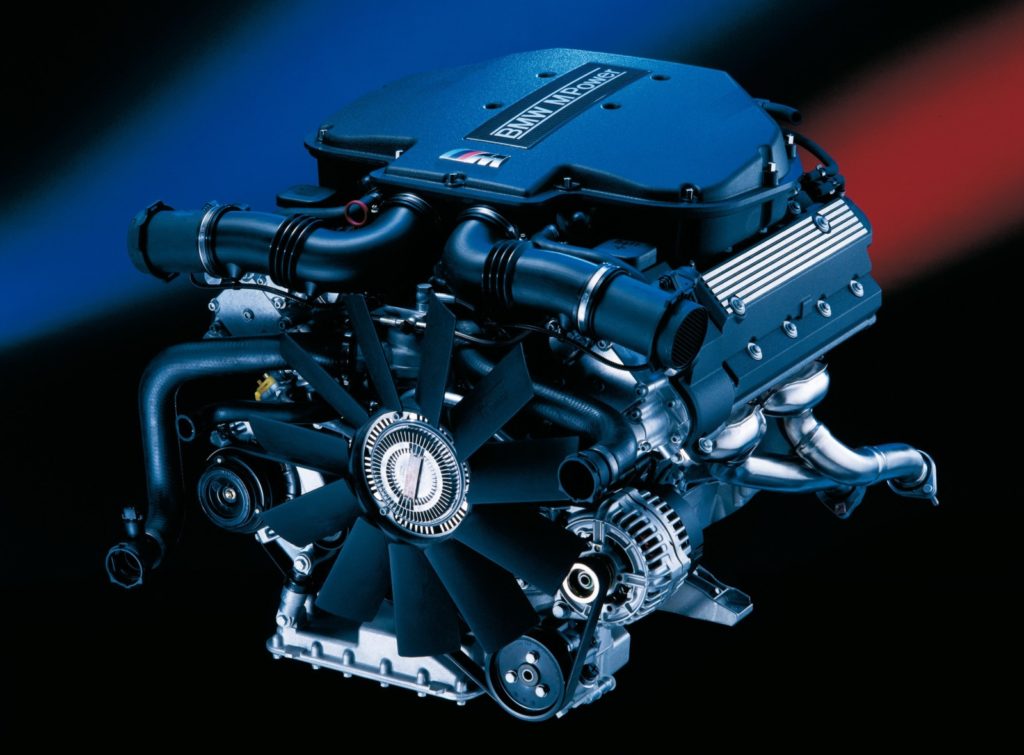Checking Out the Performance Enhancements of the current BMW Engine Versions
Checking Out the Performance Enhancements of the current BMW Engine Versions
Blog Article
Unveiling the Intricacies of Next-Generation Power Units: a Deep Dive Into Advanced Engine Layouts and Advancements
In the world of automobile design, the relentless search of sustainability, efficiency, and efficiency has actually propelled the evolution of power units to extraordinary heights. As we stand on the precipice of a brand-new age in transportation, the details of next-generation engine styles beckon us to explore the cutting-edge technologies and technologies that guarantee to redefine the driving experience. From innovative materials that press the limits of durability and weight decrease to sophisticated turbocharging and turbo charging systems that boost power result to new levels, each part of these power units holds a vital to opening the future of vehicle design. Diving much deeper right into the worlds of emission control, intelligent engine management systems, and the horizon of power unit development, we find ourselves on the cusp of an improvement that promises to improve the landscape of mobility as we understand it.
Advancement of Engine Materials

The change towards progressed engine products has also enabled designers to create engines with greater power outcomes while keeping gas efficiency requirements. For instance, making use of lightweight materials reduces the general weight of the engine, bring about boosted fuel economy and reduced exhausts. Additionally, developments in materials modern technology have actually permitted better thermal management within engines, resulting in raised reliability and longevity.
Turbocharging and Supercharging Technologies
Just How do Turbocharging and Supercharging Technologies revolutionize engine performance and effectiveness in modern-day lorries? Turbocharging and supercharging are modern technologies that dramatically enhance engine efficiency by raising the quantity of air consumption right into the combustion chamber. Turbocharging achieves this by utilizing a turbine driven by exhaust gases to pressurize the intake air, while supercharging makes use of a belt- or chain-driven compressor to accomplish the same effect.
These innovations enable smaller sized, a lot more fuel-efficient engines to produce power comparable to bigger ones, referred to as downsizing. By compeling more air into the cyndrical tubes, turbo charging and turbocharging enhance burning performance, causing enhanced horse power and torque output without a substantial boost in engine size. This results in better velocity, hauling capability, and total driving efficiency.
Moreover, supercharging and turbocharging add to enhanced fuel performance by permitting the use of smaller sized engines that eat less fuel under typical driving conditions - bmw engine. This mix of enhanced performance and effectiveness has made turbocharging and turbo charging indispensable parts of numerous contemporary engine layouts
Exhaust Control and Environmental Influence
With raising worldwide worries regarding air high quality and ecological sustainability, the implementation of discharge control modern technologies in lorries plays a vital duty in decreasing harmful pollutants launched into the environment. Modern lorries are equipped with advanced discharge control systems that aid minimize the ecological influence of automotive operations. Catalytic converters, for example, are made to convert harmful gases such as carbon monoxide, nitrogen oxides, and hydrocarbons into less damaging materials like co2 and water vapor.
In addition, improvements in engine modern technology, such as the assimilation of exhaust gas recirculation systems and selective catalytic decrease, have actually substantially added to decreasing exhausts. These innovations work in tandem to optimize burning efficiency and minimize the release of unsafe site link pollutants right into the air. Furthermore, the advancement of hybrid and electric automobiles represents an essential step in the direction of lowering the general ecological impact of the transport sector.
Intelligent Engine Management Systems

Furthermore, these systems make it possible for automobiles to satisfy strict exhausts requirements without endangering performance, giving a more eco-friendly driving experience. The integration of expert system and artificial intelligence capacities in engine administration systems remains to push the boundaries of what is feasible, bring about more enhancements in performance, reliability, and general vehicle performance. bmw engine. As automobile technology advances, intelligent engine monitoring systems will play an important duty fit the future of transport towards a much more sustainable and efficient instructions
Future Trends in Power System Development
As smart engine management systems pave the means for enhanced control and optimization in modern automobiles, future patterns in power device growth are positioned to redefine the landscape of automobile propulsion technologies. Among the vital trends driving development in power unit advancement is the shift towards electrification. With an increasing emphasis on sustainability and reducing carbon discharges, hybrid and electric powertrains are becoming much more prevalent in the automobile sector. These different source of power provide enhanced efficiency and performance while aligning with rigid environmental regulations.
An additional substantial pattern is the assimilation of sophisticated products and manufacturing strategies. Light-weight products such as carbon fiber and light weight aluminum are being used to decrease total car weight, enhancing gas efficiency and performance. Additionally, improvements in 3D printing and additive production are allowing the production of intricate engine elements with higher precision and toughness.
Moreover, expert system and machine understanding here are the findings are playing a crucial role in maximizing power system efficiency. These innovations permit for real-time tracking and flexible control, leading to a lot more trustworthy and reliable power distribution. On the whole, future fads in power unit growth are geared in the direction of sustainability, efficiency, and performance, driving the vehicle sector towards a brand-new era of propulsion innovations.

Final Thought
In conclusion, the advancements in engine materials, turbocharging, discharge control, and intelligent management systems have led the method for next-generation power systems. The detailed styles and developments in modern engines display the recurring development of vehicle technology.
Exploring the progressive developments in engine materials has been pivotal in enhancing the performance and performance of modern engines. Over the years, the advancement of engine materials has played a critical function in pushing the limits of what engines can attain.The shift in the direction of advanced engine products has actually also allowed designers to create engines with higher power results while preserving fuel performance requirements.The implementation of intelligent engine management systems in modern vehicles has transformed the method engines are managed and enhanced for performance and performance. By gathering data in real-time and examining it with sophisticated formulas, smart engine monitoring systems can adapt to driving styles, ecological variables, and engine health and wellness to take full advantage of power output while decreasing gas usage and exhausts.
Report this page